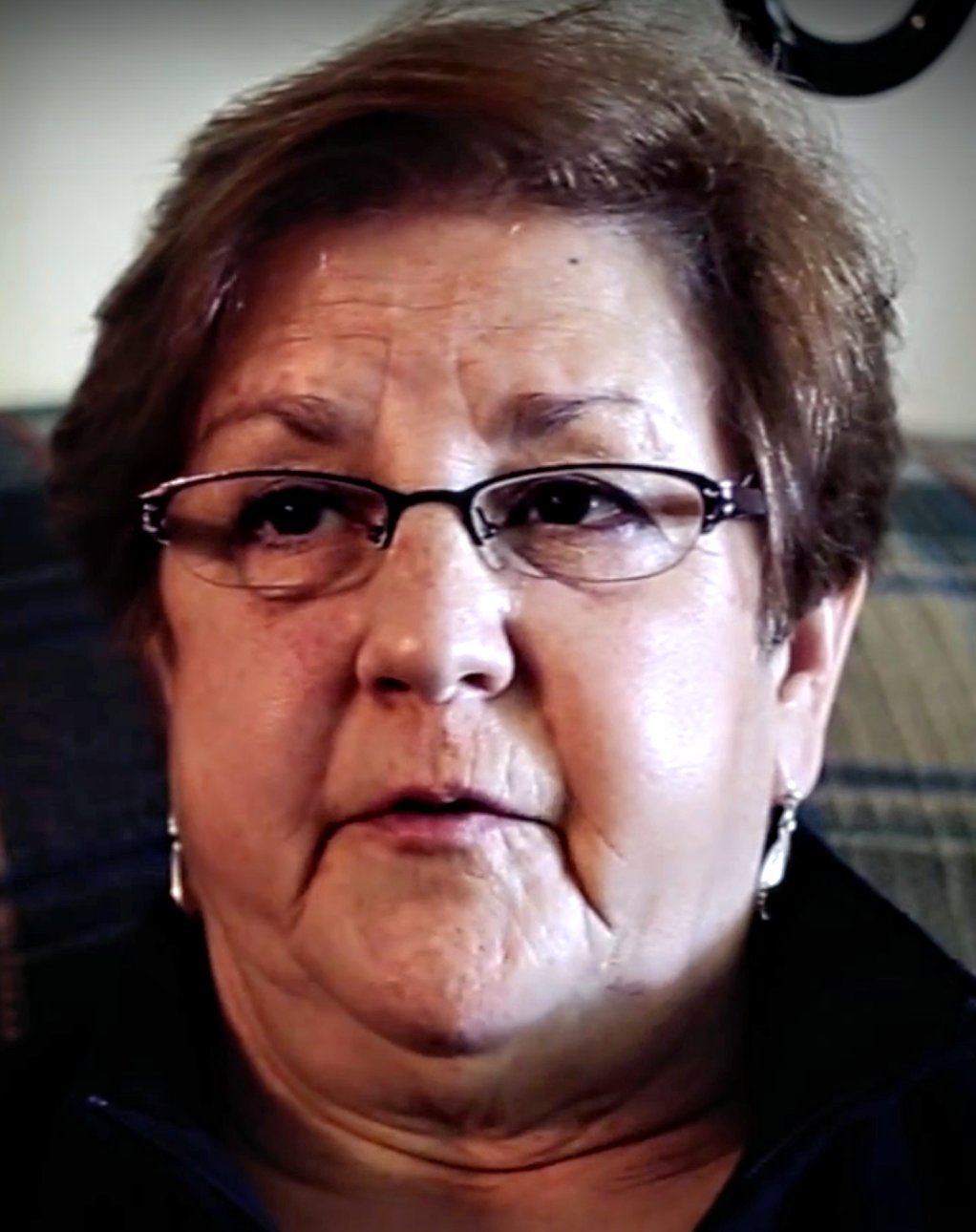-
Tips for becoming a good boxer - November 6, 2020
-
7 expert tips for making your hens night a memorable one - November 6, 2020
-
5 reasons to host your Christmas party on a cruise boat - November 6, 2020
-
What to do when you’re charged with a crime - November 6, 2020
-
Should you get one or multiple dogs? Here’s all you need to know - November 3, 2020
-
A Guide: How to Build Your Very Own Magic Mirror - February 14, 2019
-
Our Top Inspirational Baseball Stars - November 24, 2018
-
Five Tech Tools That Will Help You Turn Your Blog into a Business - November 24, 2018
-
How to Indulge on Vacation without Expanding Your Waist - November 9, 2018
-
5 Strategies for Businesses to Appeal to Today’s Increasingly Mobile-Crazed Customers - November 9, 2018
High court to hear dispute over public-sector union fees
“A victory for the plaintiffs will challenge unions because it will reduce the resources they have to represent their members since they will have to represent non-members for free”, said Professor Ann C. Hodges, a professor of Law at the University of Richmond who signed a brief in support of the unions. She wants the high court to overturn a 39-year-old ruling that said states can require non-members to pay “fair share” fees. The legal attack on the high court’s 1977 decision in Abood v. Detroit Board of Education, which allows unions to collect “agency” or “fair-share” fees from public employees who are not union members to cover spending for collective bargaining and other nonpolitical functions, could have grave consequences for unions if the court bars charging those fees.
Advertisement
The Friedrichs case aims to do away with the requirement that those who enjoy the benefits of public union contracts pay an agency fee to cover the cost of getting those contracts in the first place. Why?
But in political terms, if the unions lose in this case, they will be crippled around the country as their financial stability will be threatened.
“The union basically is making these teachers compelled riders for issues on which they strongly disagree”, he said, essentially adopting the plaintiffs’ argument. So, long before public-sector collective bargaining began in the 1950s, President Franklin Roosevelt was right to say: “The process of collective bargaining, as usually understood, can not be transplanted into the public service”.
These are all questions that naturally come up during the negotiation of teachers’ contracts, but they also obviously implicate serious matters of public policy. But several of the justices hinted at the difficulties of separating out political issues in a way that would not infringe upon the free-speech rights of non-members who disagree with the union.
If the teachers win, it would reverse a 1977 precedent and affect 25 states – including Pennsylvania – where public-sector unions can collect fees from nonmembers to offset collective bargaining costs.
These disagreements over salaries and benefits amount to fundamental political disagreements over the best use of tax dollars, said Terence Pell, president of nonprofit representing Friedrich, The Center for Individual Rights. And when that contract has “last in, first out” (LIFO) rules that force a district to lay off a talented young teacher before a low-performing teacher with seniority, students suffer.
“This is an aggressive, conservative court”, former acting Solicitor General Walter Dellinger said, adding that “public-sector unions have been politically important on the progressive side”. Because California isn’t a right-to-work state, she has to pay almost $1,000 per year in union fees in order to teach.
Labor officials fear that union members will leave in droves if they realize they can get all the benefits of representation without paying for it. Union advocates say the lawsuit is part of a conservative agenda to weaken powerful labor unions, known for reliably supporting Democratic candidates and policies. The case before the justices was spearheaded by a conservative group called the Center for Individual Rights.
Arguing for the group of teachers, Michael Carvin said mandatory fees serve to “inflate the union’s war chest by people who really have not made a voluntary decision to do so”.
In addition to undermining fundamental precepts of federalism and flouting decades of Supreme Court precedent, a ruling that demands a single nationwide policy will be highly disruptive. It’s unions that have the bigger worry, he said.
“If you are a science teacher, and you don’t want to teach evolution, you can’t just say it would violate your free-speech rights”, he said.
Arguing for the California Teachers Association, lawyer David Frederick said the First Amendment applies differently to public employees performing their jobs. When bargaining, these unions are required by law to represent the interests of all employees in given workplace, not just those who have joined the union.
California, like some 22 other states and the District of Columbia, authorizes agency fees for public-sector unions. That’s more than five times the private sector, at 6.6 percent.
Advertisement
Some Supreme Court justices, in turn, have all but invited a challenge to the Abood ruling, suggesting they are primed to throw it out. Currently, dissident workers bear the responsibility of objecting to paying the portion of union dues that goes to political activities. Fewer dues-paying members would mean less money available to provide the services that are union’s selling points and what’s more, it would lessen their political clout. The case – Friedrichs v. California Teachers Association – is about an effort by some teachers to defect from the California Teachers Association (CTA) without having to pay a fee to belong to their state and local unions.





























